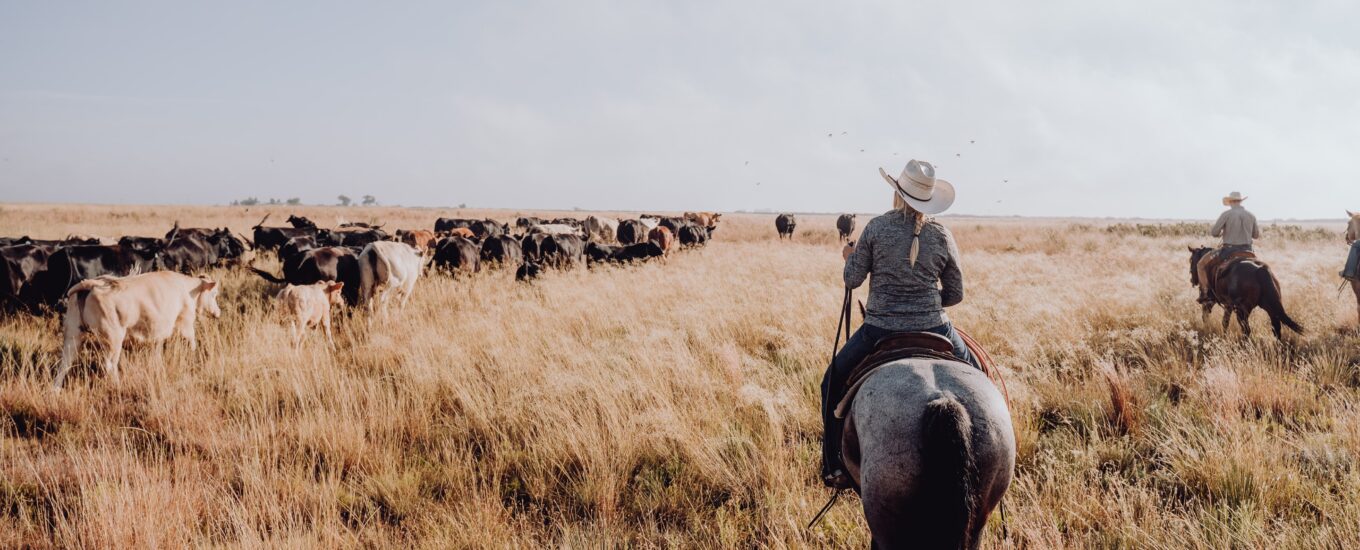How To Explain Ranching
Living in the population boom of Colorado’s Front Range, most of the people I interact with know little to nothing about the ranching lifestyle. They might have had a grandfather who had a small farm, or an uncle who rode a couple bulls, but no real understanding of what agriculturalists do.
This societal trend was highlighted recently when someone unearthed a statement from Mike Bloomberg, a Democratic candidate for president. He said, “I could teach anybody, even people in this room, no offense intended, to be a farmer. It’s a process. You dig a hole, you put a seed in, you put dirt on top, add water, and up comes the corn.” He went on to make the same points about factory workers and draw a contrast to today’s workers by saying, “It’s built around replacing people with technology, and the skill sets that you have to have to learn are how to think and analyze, and that is a whole degree level different. You have to have a different skill set, you have to have a lot more gray matter.”
Boy, did the talk radio hosts have fun with that one. I’m not sure what was in his heart as he made those comments—at best, it was a terrible gaffe, at worst, he’s incredibly arrogant and unbelievably disconnected from one of the major economic forces of our nation. In the business, we all know that if we don’t marry the emerging technology and market demands with our daily chores, our businesses will fail.
But it gets back to my original point. How do we describe our work to outsiders who are so detached from their own food that they can’t even imagine the process of beef production?
The most common question I get is, “How many cattle do you own?” I was always taught that’s an improper question. It’s akin to asking someone their annual salary. But you hate to start a conversation with someone interested in our world by reprimanding them. I usually sidestep it and simply say, “Enough to keep me busy.”
Perhaps we should back up a bit and try to meet our consumers in their language. When they ask what we do for a living, a new response might be: “I convert solar energy to nutritious, affordable protein while improving the natural rangeland.” That oughta set them thinking. At the very least, with answers like that, the general public will begin to consider that agriculturalists have a big-picture viewpoint of their profession.
I think the broader point to make here is we can’t scoff at people like Bloomberg who degrade our work (inadvertently or not). We need to educate. There’s only 2% of us in this nation doing this work and we hold the literal bread of life. There’s power in that. We need to not be silent, nor abuse our power, but instead strive to represent ourselves intelligently, articulately, and accurately.
photo: Unsplash photo by Bailey Alexander

